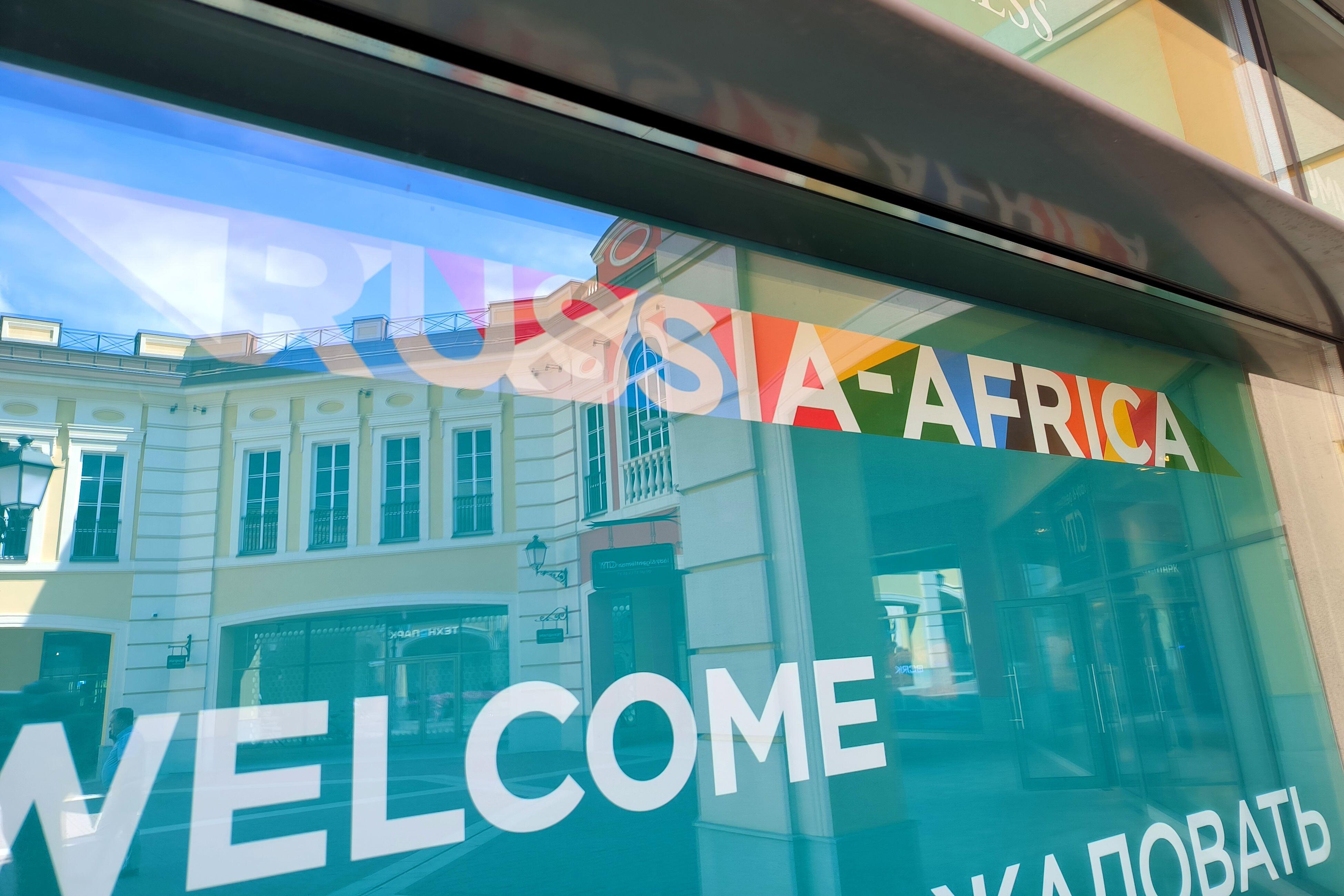Heads of government from the Russian Federation and African states, together with representatives from the African Union and Africa’s integration organizations, came together in late July to reiterate their commitment to cooperation against common threats to information technologies and communication networks. The leaders also reiterated the objectives of the Russia-Africa Partnership Forum Action Plan during their joint meeting in Saint Petersburg, Russia.
However, their statements in support of human rights and the use of technology for risk reduction, along with their condemnation of disinformation, terrorism, and cybercrime, were met with skepticism. Many questioned the sincerity of these declarations, considering Russia’s track record of state-sponsored cyberattacks and its involvement in global Internet malfeasance.
Elliott Wilkes, the CTO of Advanced Cyber Defence Systems, expressed his doubts about the true intentions of this gathering. He believed that Russia was using the pretense of reasonable aims to deceive African nations. Wilkes stated, “This amounts to diplomatic subterfuge, sleight of hand on the international stage,” pointing to Russia’s history of cyberattacks and the lack of consequences faced by Russian-state backed and aligned groups.
Wilkes acknowledged that any effort to establish internationally recognized standards for information security and the protection of ICT should be welcomed. However, he viewed Russia’s participation in such initiatives as disingenuous, as the country failed to curb malicious cyber activity originating within its borders.
Brian Honan, the CEO of BH Consulting, also expressed his support for international efforts to combat cybercrime. He emphasized the importance of cross-border cooperation and data sharing in fighting cyber threats. However, Honan raised concerns about Russia’s documented history of criminal gangs operating with impunity within its borders. He believed that the strained relationship between Russia and the rest of the world would make it difficult to support and maintain any international treaties backed by Russia.
The first Russia-Africa summit took place in 2019, with a focus on trade. At the time, several African countries were undergoing infrastructural and digital transformations aimed at improving the quality of life for their people. However, the recent meeting in July highlighted Russia’s diminished influence, partly due to the ongoing war in Ukraine and reduced trade volumes between Russia and African nations. Reports indicated that only 17 African leaders attended the summit, far fewer than the previous 2019 meeting or a similar gathering in Washington where President Joe Biden met with dozens of African leaders.
Overall, while the Russian Federation and African states aimed to strengthen cooperation in addressing information security challenges, their declarations were met with skepticism. Critics pointed to Russia’s history of cyberattacks and its failure to address malicious cyber activities within its borders. Additionally, the reduced attendance at the summit reflected Russia’s diminished influence in Africa, partly due to geopolitical tensions and declining trade.
